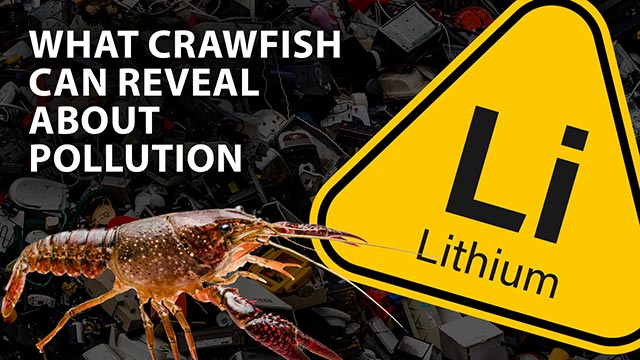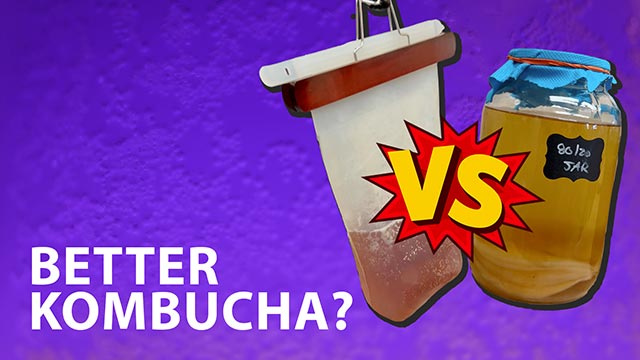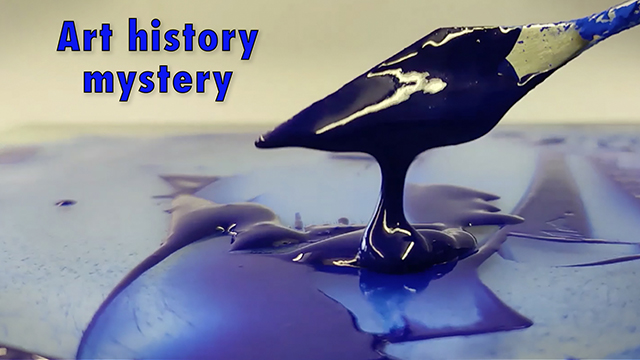Researchers analyzed the flavors of various ant species to understand the chemistry behind their different smells and tastes, which could help food companies develop delicious and sustainable ant-based products.
Video credits are available on YouTube.
Watch an interview with the researchers
Read an ACS press release about this research: The many flavors of edible ants
Source Article
“Exploring flavors of edible ants: A path to sustainable gastronomy and consumer acceptance”
Presented at ACS Spring 2024 on March 17, 2024
Presenter: Selene Alvarado Martinez
Principal investigator: Changqi Liu, Ph.D.
Transcript
Narrator: Ants are not just tiny creatures that invade your picnic. They can also be a source of food. And each ant species tastes unique. Researchers analyzed the flavors of various ant species to understand the chemistry behind their different smells and tastes.
Selene Alvarado Martinez: Earthy.
Narrator: For example, black ants have an acidic and vinegary aroma due to the high content of formic acid in their venom glands. Chefs can use them in place of lemon juice or vinegar to add a tangy, sour taste to a dish.
Chicatana ants smell fatty, because of aldehydes, and nutty, because of pyrazines, which are the same mouth-watering compounds produced when meats and bread are cooked.
The researchers say that understanding the various flavors of edible ants can open up new culinary possibilities, because these tiny creatures can taste delicious while being nutritious and good for the environment. The research is being presented at ACS Spring 2024, a meeting of the American Chemical Society.
To embed this video, please visit YouTube and use the Share function.








